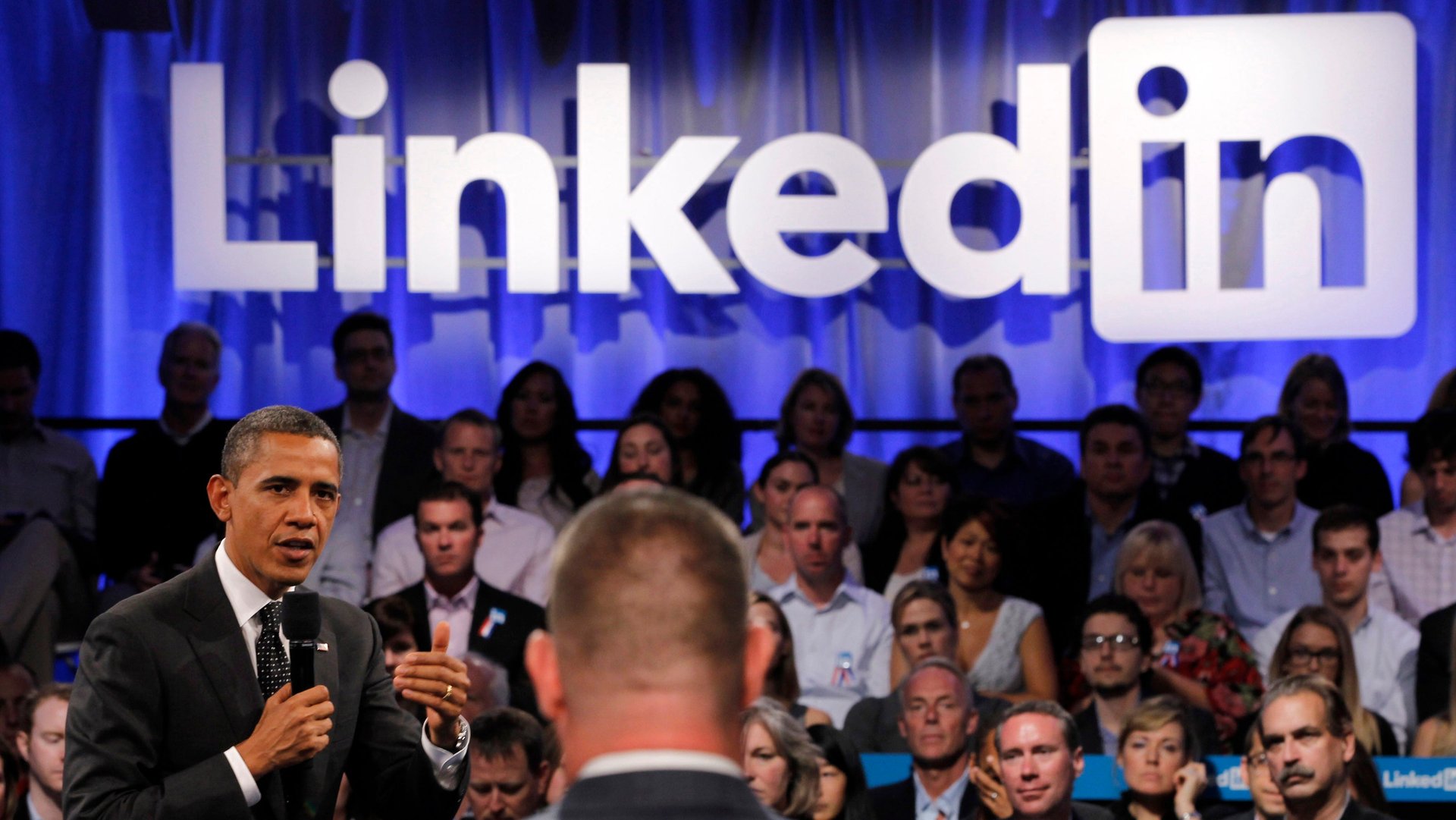By focusing on worker training, LinkedIn is now finally useful
A decent amount of puzzled head-scratching followed Microsoft’s $26-billion takeover of LinkedIn this summer.


A decent amount of puzzled head-scratching followed Microsoft’s $26-billion takeover of LinkedIn this summer.
Now the eager bid is starting to make some sense. In line with several analysts’ predictions that the purchase might indicate a new Microsoft ambition to corner the corporate hiring and learning market, LinkedIn this week rolled out a series of new features aimed at professional education and development.
Its new platform LinkedIn Learning—which features 9,000 courses, the bulk of the content coming from LinkedIn’s acquisition of education company Lynda in 2015—caters both to individual employees seeking career advancement and employers wanting to level-up their workers’ skills.

Currently, only LinkedIn Premium subscribers and companies who request a free demo can access the site, which offers classes on topics ranging from writing to programming to management tactics.
But the company announced during the platform’s unveiling yesterday that it’ll soon launch an enterprise tier for employers, which will be able to buy subscriptions for huge swaths of workers—and have HR managers monitor their progress through special analytics tools as well.
LinkedIn CEO Jeff Weiner stressed during the platform launch that education has become one of the company’s “most important priorities.” It’s certainly a money-maker: the online corporate learning market is growing at a 10% a year—a lucrative enough opportunity to perk up the ears of academic learning companies as well.
LinkedIn, especially now that it’s backed by the mighty Microsoft and whatever integration plans the tech giant might have for it down the line, is already well-positioned to deliver professional skills training.
And opening the platform to Premium subscribers in addition to big businesses is also smart. LinkedIn has seen stagnant growth in its Premium offerings, which cost between $30 and $120 a month; but a learning platform—much more useful and comprehensive than add-on messaging features or profile enhancements—will likely stir people’s interest.